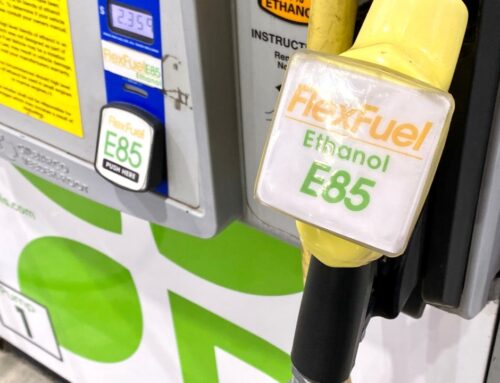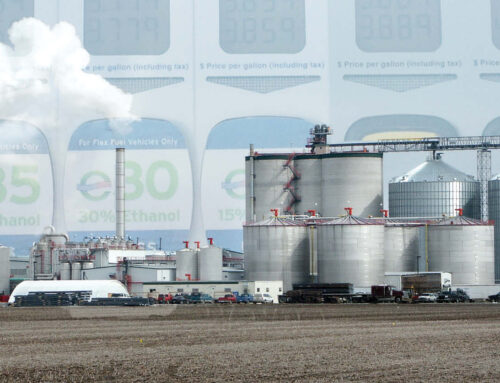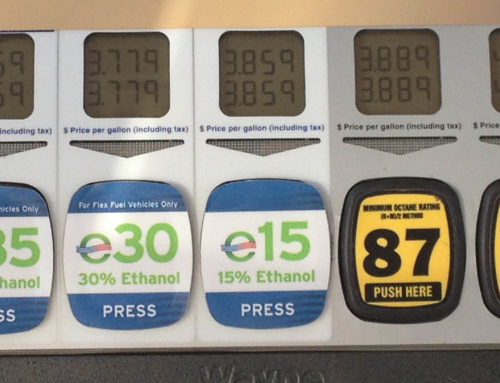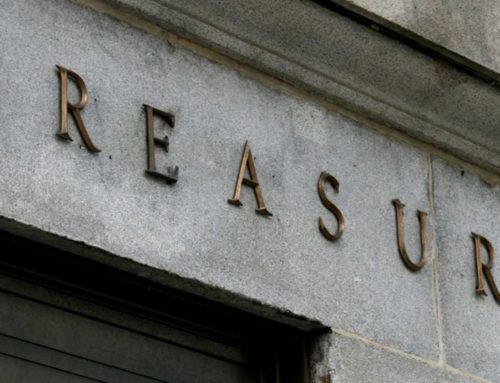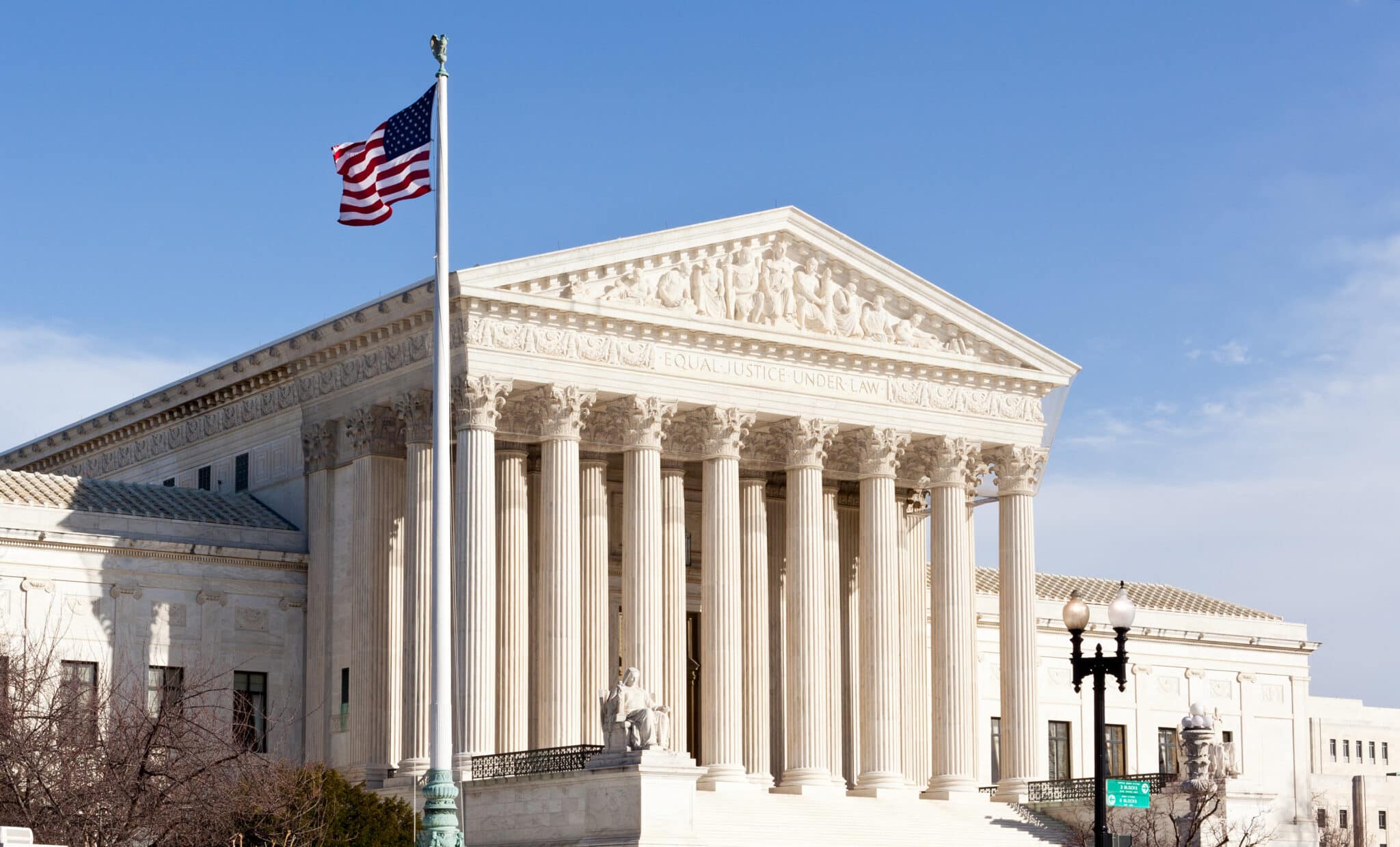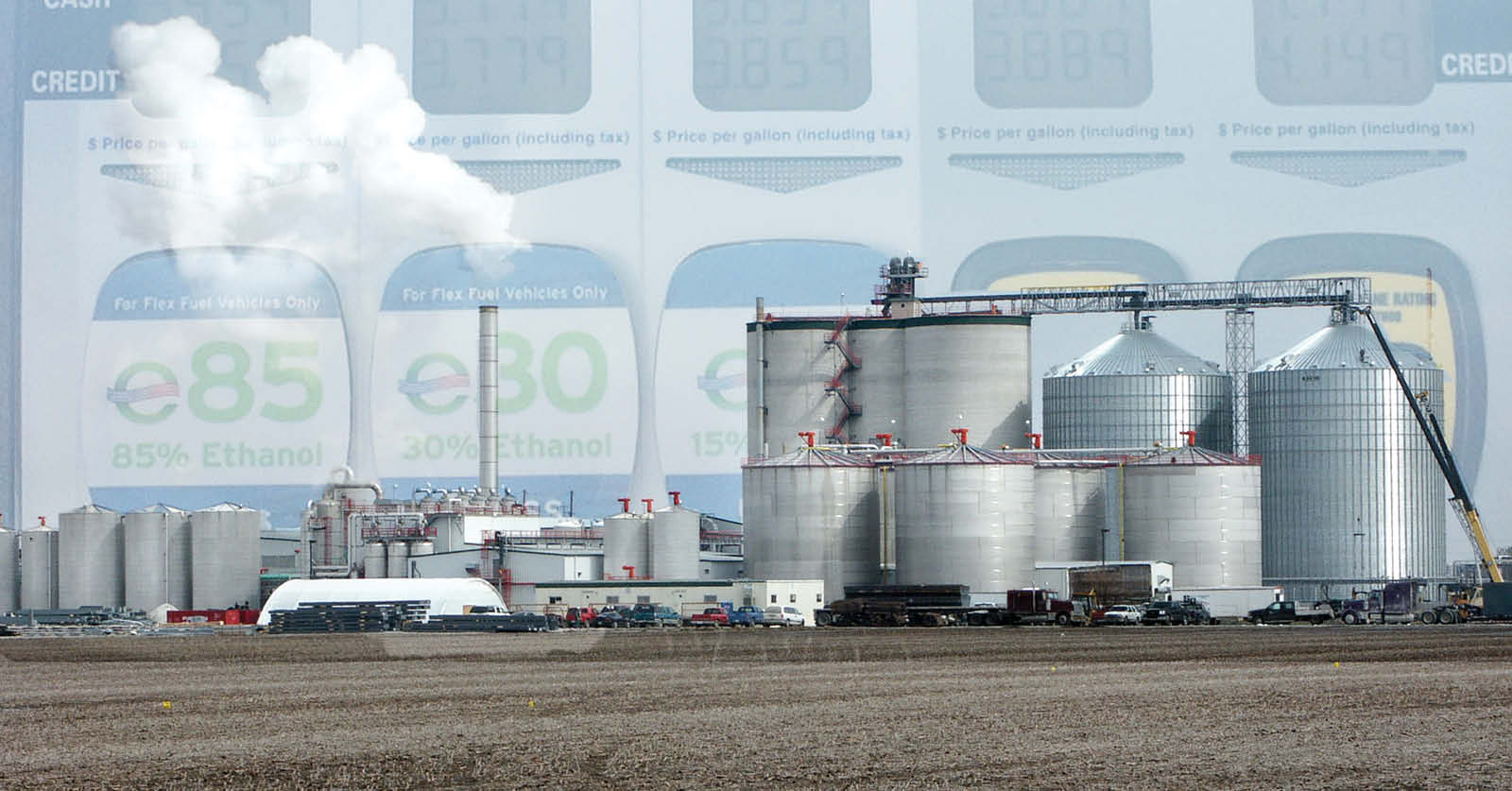WASHINGTON, D.C.///June 1, 2011///With Congress poised to move forward on more taxpayer-backed loan guarantees for nuclear, wind, solar, “clean coal” and other energy sources, leading U.S. taxpayer and conservative groups cautioned today that America can ill afford such subsidies in the face of a $1.65 trillion deficit and a $14 trillion national debt.
President Obama has requested a $36 billion increase for the Title XVII Loan Guarantee program. Appropriators will soon decide whether to increase its funding. The Senate is considering the establishment of a new financing entity, known as the Clean Energy Deployment Administration (CEDA) that would subsume Title XVII and expand energy loan guarantees.
Ryan Alexander, president, Taxpayers for Common Sense, said:
“Facing a $1.65 trillion deficit, taxpayers cannot afford to jeopardize billions on high-risk, capital intensive projects — projects that private markets steered clear of even at the height of the credit bubble. With appropriations and energy legislation on the horizon, lawmakers must exercise fiscal restraint and not add any money to the Title XVII program or create any new financing mechanisms to fund the same projects like the Clean Energy Deployment Administration proposed in the Senate, which like Title XVII, would channel money towards massively expensive nuclear reactors, coal plants, and other mature industries.”
Andrew Moylan, vice president for government affairs, National Taxpayers Union, said:
“Loan guarantees, whether for traditional or alternative energy sources, are nothing more than massive taxpayer handouts to private entities. Like many such programs, they are difficult to track and lack robust oversight. The time has come to shield taxpayers from further losses and end these subsidies.”
Jack Spencer, research fellow, Heritage Foundation, said:
“While loan guarantees may be good for the near-term interests of the individual guarantee recipient, they are not good for consumers, taxpayers, or long-term competitiveness. They remove incentives to decrease costs, stifle competition and innovation, perpetuate bad policy, and suppress private-sector financing solutions.”
William Yeatman, energy policy analyst, Competitive Enterprise Institute, said:
“In light of our massive budgetary problems, if these green energy investments are too risky for the banks, then they should also be too risky for the American taxpayer.”
Taxpayers for Common Sense is a 501(c)(3) non-partisan budget watchdog serving as an independent voice for American taxpayers. Our mission is to achieve a government that spends taxpayer dollars responsibly and operates within its means. We work with individuals, policymakers, and the media to increase transparency, expose and eliminate wasteful and corrupt subsidies, earmarks, and corporate welfare, and hold decision makers accountable.
To listen to an archived audio of this teleconference, click here.

